Like all machinery, vacuum pumps can be adversely affected by a drop in temperature. The impact varies depending on the type of pump and where it is used.
To keep your vacuum pump running smoothly during autumn and winter, follow these guidelines.
- Oil-based vacuum pumps: Cold temperatures can cause the oil inside the pump to become too thick or even freeze, which can affect the pump’s ability to function properly. The viscosity of the oil is crucial for the pump’s internal mechanisms to operate efficiently. Regularly check the lubricants and change if required.
- Rubber and polymer components: Some vacuum pumps contain rubber or polymer components that may become brittle and lose flexibility in colder temperatures. This could potentially lead to seals losing their effectiveness, resulting in air leaks and reduced pump performance. Check all rubber or polymer components regularly and change if they show signs of degradation.
- Condensation: When a vacuum pump is exposed to cold temperatures, condensation can form inside the pump if there’s any moisture present in the air or gas being evacuated. This condensation can lead to corrosion, potential damage to the pump’s components, or freezing, impacting its performance. Check for condensation and remove before restarting the pump.
- Metal contraction: In extremely cold temperatures, the metal components of the pump can contract, potentially affecting the tolerances and clearances within the pump. This might result in changes in the pump’s performance or efficiency. To prevent this, try to maintain the temperature where your pumps are situated.
To lessen the effects of cold on a vacuum pump, these measures will help:
- Heating elements: Some vacuum pump systems incorporate heating elements to maintain a certain operational temperature, preventing issues related to cold temperatures.
- Insulation: Insulating the pump or providing an environment with controlled temperature can help maintain optimal working conditions.
- Winterization procedures: For applications in extremely cold environments, specific winterization procedures can be followed to protect the pump, including using appropriate oils or fluids rated for low temperatures and regular maintenance checks.
Always consult the manufacturer’s guidelines or recommendations regarding the suitable operating conditions of your specific vacuum pump in use to ensure optimal performance, especially in environments prone to colder temperatures.
Being proactive during the colder months is vital when it comes to maintaining the reliability and efficiency of your vacuum pumps. Keeping your equipment well-prepared for the challenges of the winter season ensures you don’t compromise your operations.
Alternatively, get in touch with our expert engineers and they can advise you on protecting your vacuum pumps from damage due to low temperatures.
Phone: 01302 439133
Mobile: 07498 644840
Email: enquiries@ivacps.co.uk
